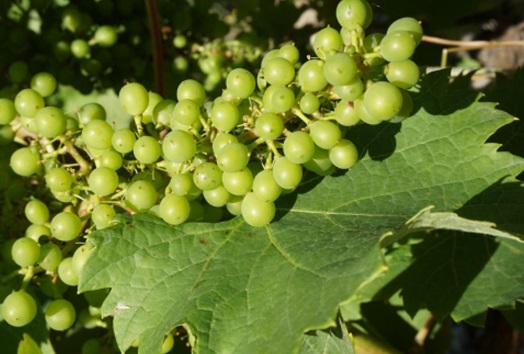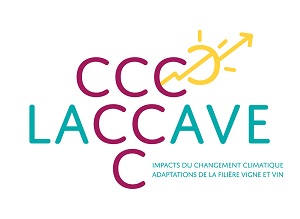(Master Thesis) Multicriteria and participatory assessment of adaptation strategies in the wine & vine sector.

Type of document.
This master thesis is part of the LACCAVE 2.21 project. LACCAVE 1 (2012-2016) is made up of a collective of INRAE researchers and professionals; it brings together research on the impacts of climate change on the wine industry. It has made it possible to better characterize these impacts, as well as the adaptations envisaged in the French wine industry. A second edition of the project was launched in 2019. An economic working group is responsible for producing a method for assessing adaptations to climate change in the wine industry. These adaptations are varied and can be carried by all the links in the chain (nursery, winemaker, winemaker, trading house, etc.).
Objective:
In order to help the players in the sector in their decision-making, it is important to assess the ex-ante impacts of adaptations. The challenge of the project is to propose and test a multi-criterion and participatory evaluation method. The idea is to combine traditional indicators in economics, and indicators reflecting the important issues for the sector and for the territory. The aim of the internship is to contribute to the development and application of such an assessment method: how to evaluate strategies for adapting the wine industry to climate change? The reflection was carried out on three communes in the department of Herat: Montpeyroux, Lagamas and Saint-Jean-de-Fos. These municipalities in the former Languedoc region have a strong wine business. They were chosen both because INRAE had already been able to interact with the actors of the territory; and because the cooperative winery of Montpeyroux is the driving force behind the reflections around the subject.
Methodology:
The main objectives of the method as stated by this work and the working group was to participate in the development of an assessment method that is participatory, multi-criteria and for the sector, oriented for an analysis of the value chain (sets of production processes and then sale of wine). This method is based on fieldwork, involving a series of two participatory workshops and the use of an evaluation grid previously drafted. Prior to that, a series of bilateral talks were held. This has led to a better understanding of the territory's sector, its perception of climate change change, and the adaptations put in place or envisaged to secure the sector.
Instructor:
Nina Graveline, Economist, UMR Innovation, INRAE Montpellier


